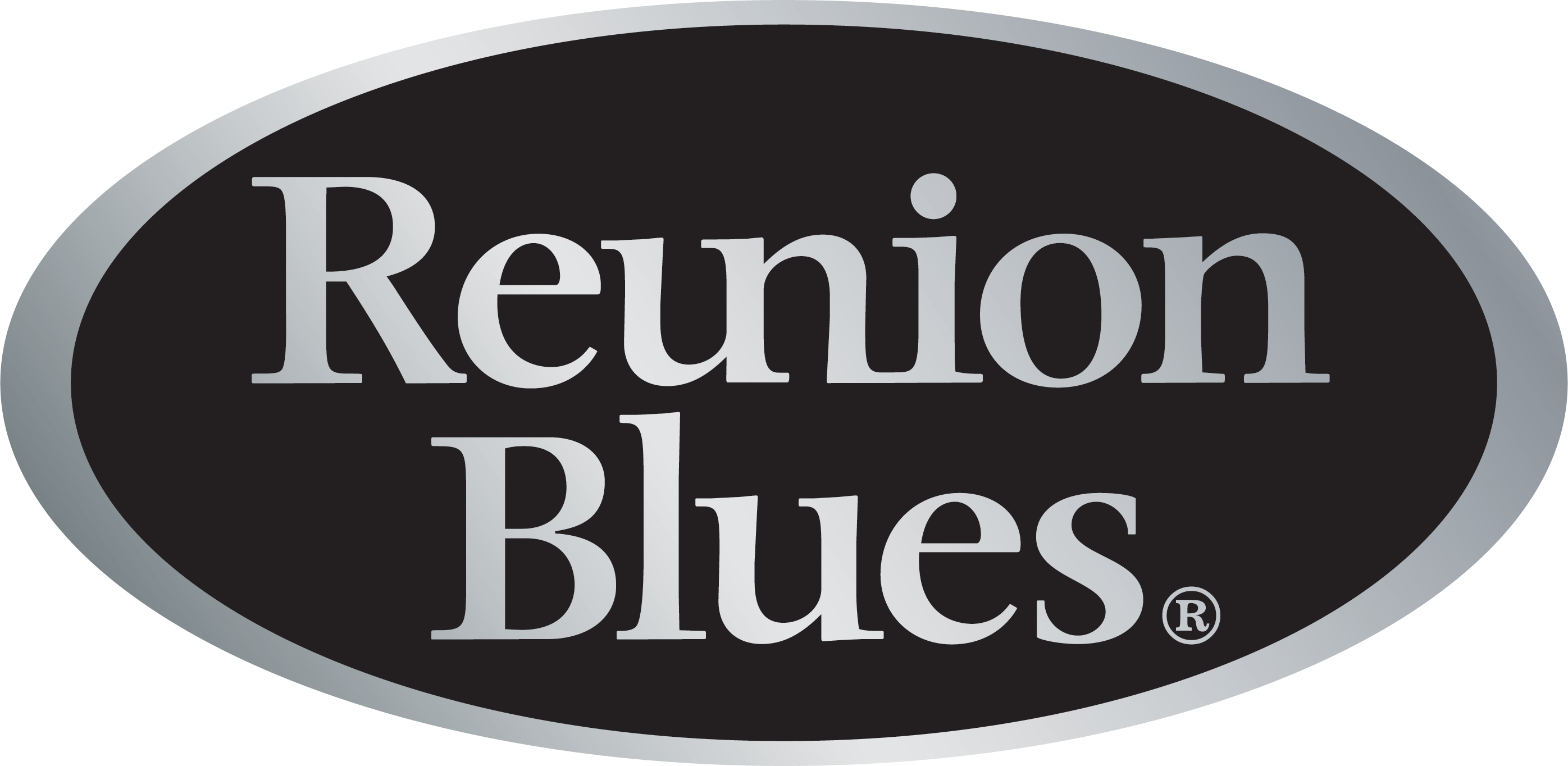Finding a Legitimate Music Lawyer, Pt. 4
Once you have identified a lawyer with whom you’re interested in working, you can arrange for an interview. The interview will most likely take place in the lawyer’s office, or in some cases, an uncrowded public space where you can sort out any questions, doubts or concerns you may have. It is important that it is understood that you are both working for each other, even if you are the one who instigated the meeting. You are equals and both have to treat each other with respect, sorting out everything until you are satisfied with the solutions.
At the beginning of the interview, let the lawyer know that you would like to ask a few questions. This is normal protocol and should not be any cause of concern. Such questions may include:
- What is your (the lawyer’s) fee structure? Do you charge at an hourly rate or on a 'flat fee' basis?
Ask about any specific legal fees, which can often estimate between $150-500. You can even ask to be quoted for a specific service. This means the lawyer will provide a specific digit or range of how much something would cost and how it would be divided.
- Have you worked in the entertainment business outside of as a lawyer? (It is not totally unusual for lawyers to have been musicians or actors themselves or have expertise in another area of the industry.)
- What percentage of your law practice is music law?
- How many years have you been practicing music law?
- Are there any kinds of music business matters that you do not handle?
Remember the questions we told you to ask yourself here; check in with yourself on how you feel the interview has gone and if you feel satisfied with the replies. If the lawyer has been able to engage you in successful conversation and interact in a professional, personable manner, congratulations—you may have found the person for the job! So, what is next?
Time To Work
Now that you have found yourself a good lawyer that you can trust, it is time to start moving along your business. Arrange for a follow-up meeting to talk business details, career goals, and any outstanding legal issues. The best advice is to inform yourself before you go talk with your lawyer. This will help you keep you in a primary position role in the handling of all your affairs and allow you to assist with eloquent and functional suggestions on your part on how to resolve your issue.
Indeed, having a good lawyer part of the process of establishing yourself as an artist. Not only does it provide legal strength to your material, but also to your name and brand. Follow these suggestions, and we’re sure you can find the right person for the job!
